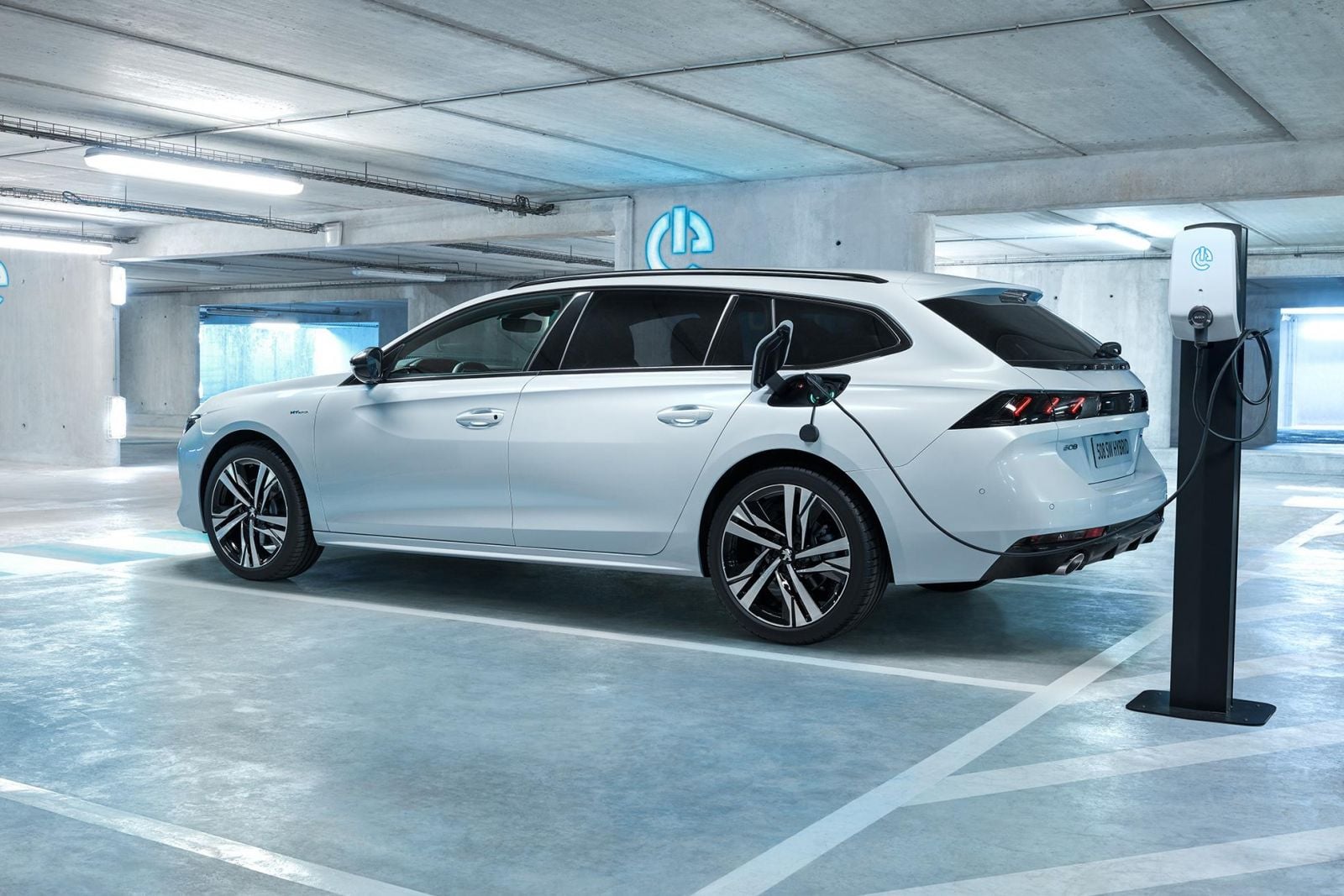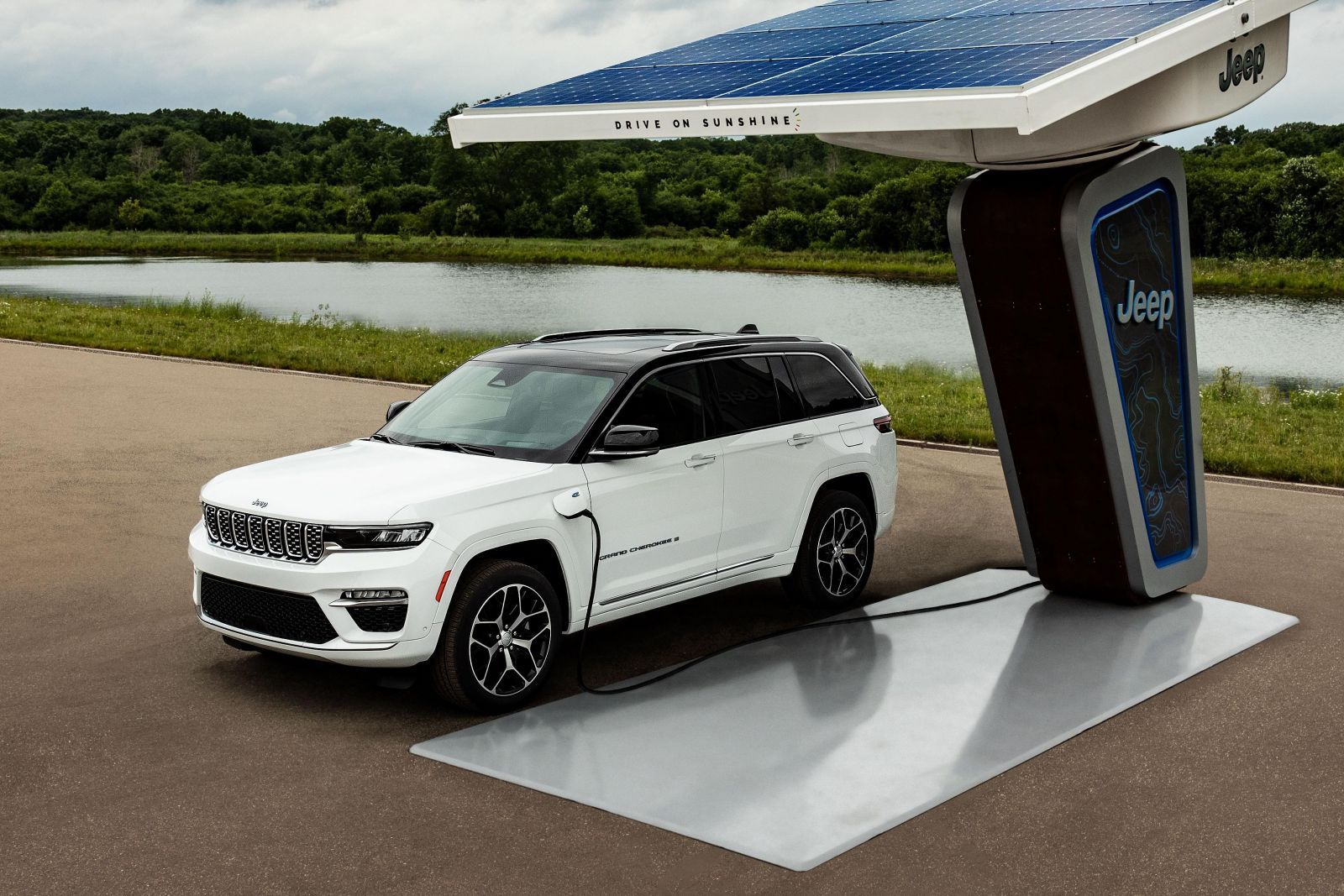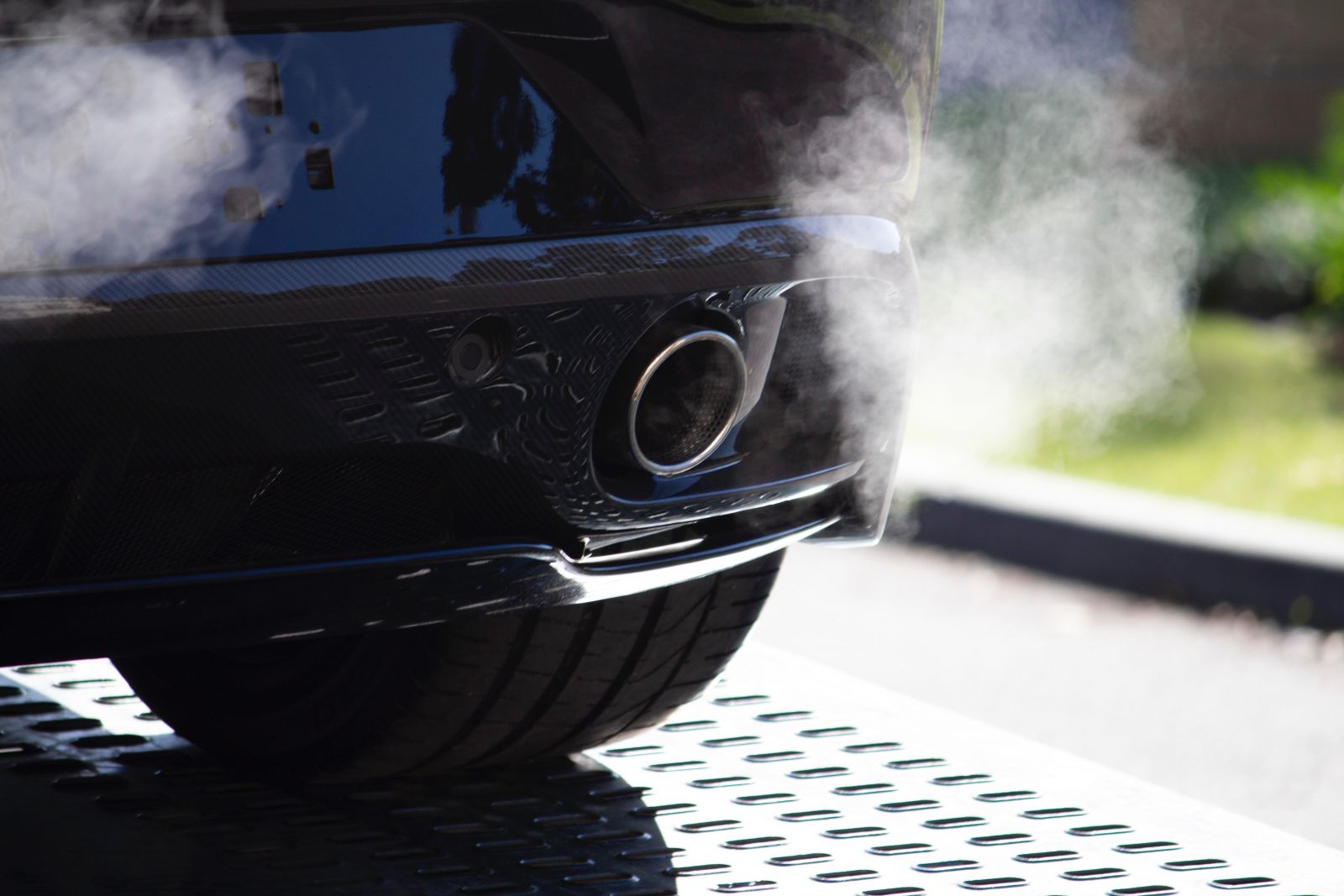Stellantis says petrol and diesel ban in Europe will have big consequences

Stellantis CEO Carlos Tavares stated that the European Union’s proposal to ban the sale of new combustion engine vehicles from 2035 would have serious social consequences.
Speaking in Paris overnight, Mr Tavares said more negotiations were needed, proposing terms to give hybrids a longer shelf life and hence a more gradual transition to electric vehicles.
“It is very necessary,” he said in a press conference at the Paris Motor Show, when asked whether an amendment to the controversial ban was needed.
“The dogmatic decision made to ban the sale of thermal vehicles by 2035 has had uncontrollable social consequences.”
Forcing the switch to electric vehicles, Mr. Tavares said, would put people off the market – suggesting a view that battery costs won’t drop enough to reach parity with ICE.
“If you deny the middle class access to freedom of movement, you run into serious social problems,” he argues, pointing to the company’s electrified hybrid cars. he as a middle ground is still more valuable in the long run.
“What we have to offer our European leaders is a transitional solution, while insisting these more affordable models still cut emissions by 50 per cent,” he said.
After a marathon negotiation session in June this yearThe 27 countries of the European Union have agreed to ban the sale of new petrol and diesel cars and trucks by 2035.
The Council of Europe – a body composed of the head of government of each EU member state – has agreed to “set a target of a 100% reduction in CO2 emissions by 2035 for new cars and trucks”. .
It is likely that the final text of the legislation regarding the elimination of new ICE vehicle sales is still several months away. Agreement on this issue among all 27 EU member states is not guaranteed with some disgruntled opinions emerging.
German Finance Minister express skepticism about the phasing out date and tweeted his support for synthetic fuels, while Italy and four other countries seek to push back the ICE deadline to 2040.
Carmakers and key suppliers also expressed concern that going all-electric would cost jobs, thereby eroding an important part of the EU economy.







